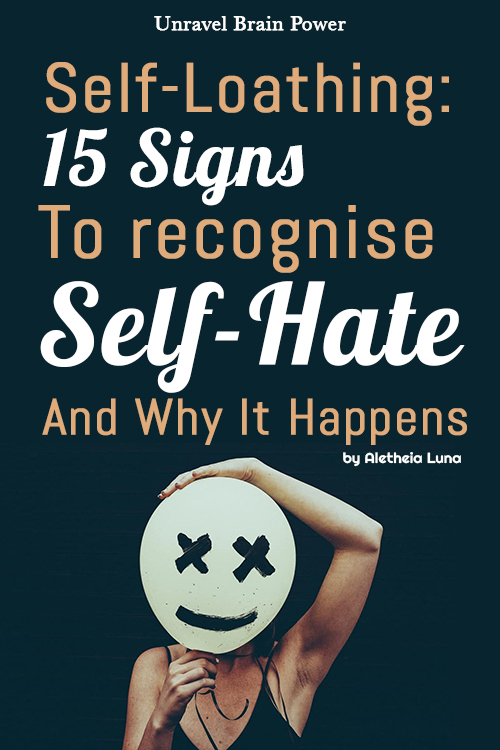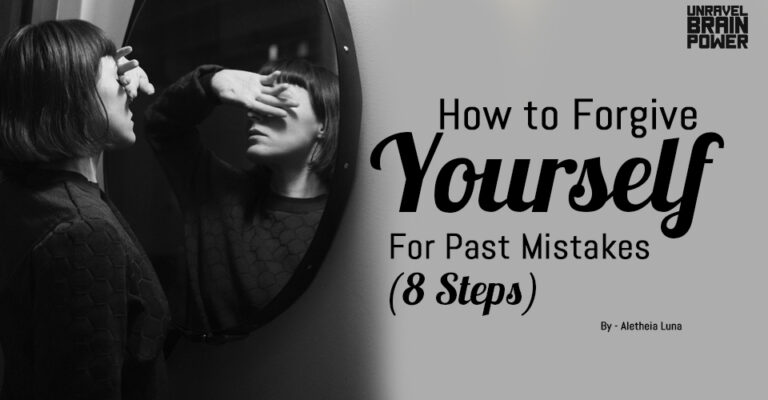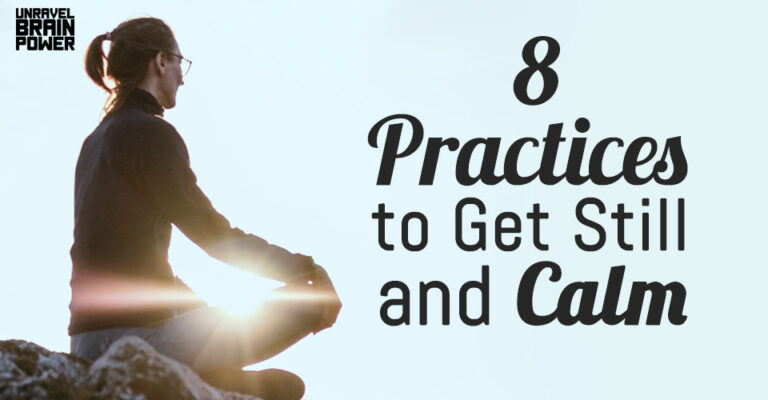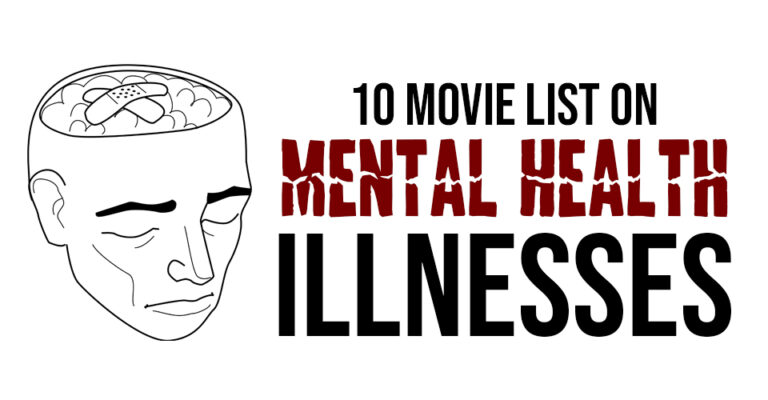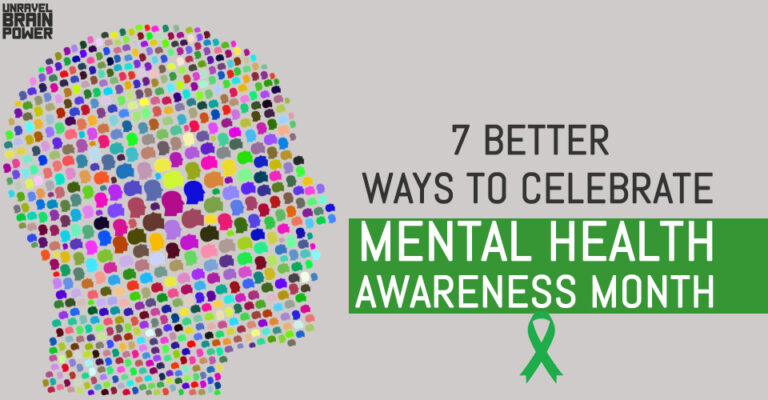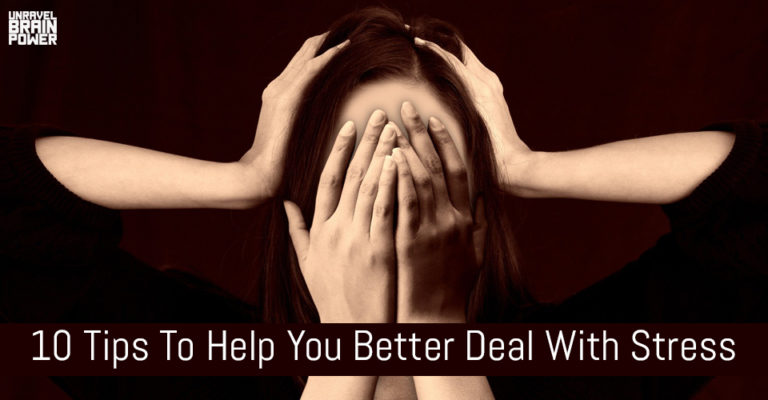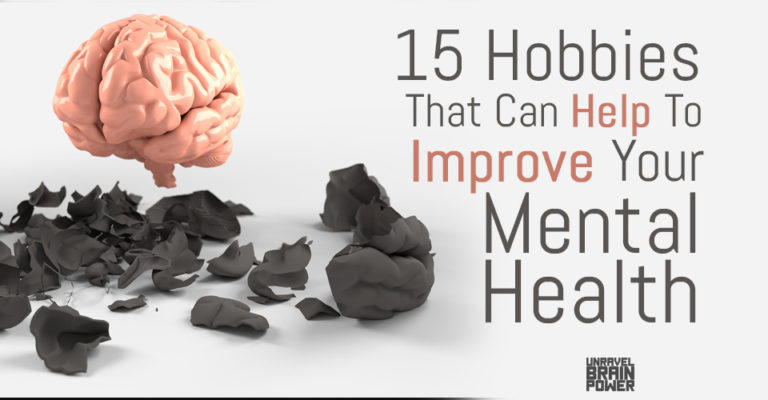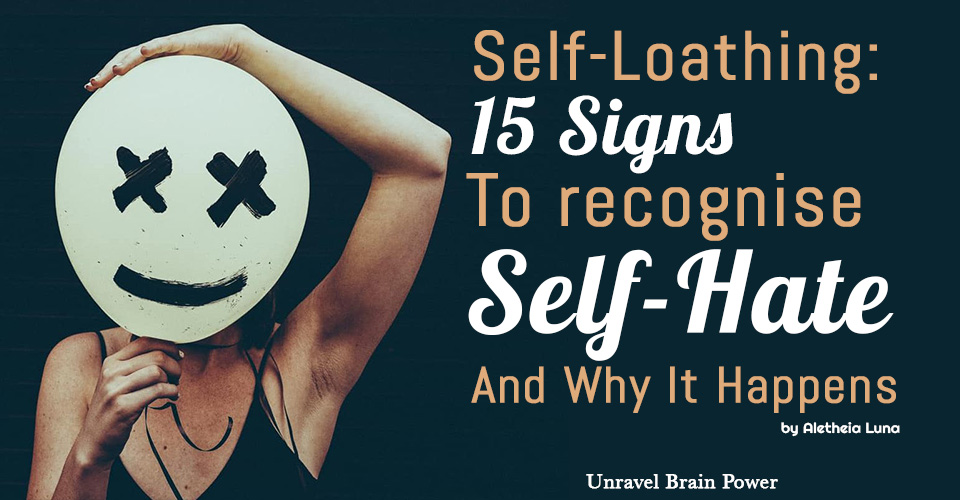
Your life is a living hell.
No matter what you do, no matter where you go, there’s the unshakeable feeling within you that you’re pathetic, worthless, ugly, stupid, and a total failure at everything.
You may achieve something, you may be given love and affection, but you brush it off because of the toxic shame-ridden self-loathing voice within you that whispers:
Who do you think you are? You’re no one. You’re not good enough. You’ll never be good enough. Stop fooling yourself you f*cking idiot.
Can you relate to this incessant feeling of self-loathing and self-hatred?
Do you feel like, no matter what you do, you’re unimportant, inferior, unwanted, broken, hopeless, useless, ridiculous, and unlovable?
I have been there before.
In fact, my self-hatred at one point was so strong that I resorted to self-harm in order to cope with it. For many years I was trapped in the prison of my mind and it was a horrific experience – something that many people cannot even begin to understand.
The truth is that there’s no quick one-size-fits-all solution for self-loathing. But there are many ways to overcome it. And the fact that you’re here is already one step in the right direction toward self-love and self-compassion.
Self-Loathing Definition
What is Self-Loathing?
Self-loathing is synonymous with self-hatred: it’s an extreme dislike of oneself. It’s fuelled by anger, low self-esteem, and a distorted perception of oneself due to misguided thoughts and self-beliefs. In most cases, self-loathing is the result of having a dysfunctional upbringing.
Hating Yourself: 3 Reasons Why it Happens
Hating yourself sucks. And it’s more complex than it looks on the surface.
In order to overcome your self-loathing, you need to understand why it happens and where it came from.
There are three main reasons at the root of hating yourself:
- Poor family environment
- Poor social environment
- Ego possession / soul loss
1. Poor family environment
Firstly there is the poor family environment. When we’re raised in a family that is either (a) too smothering and possessive or (b) too neglectful and dismissive of us – or in some cases both combined – we internalize the idea that there’s something defective or wrong with us. Why else would our parents or family members behave in that way? Why else would they harm us? Mommy and daddy are meant to love us, right?
You see, as young children, we needed to see our parents in an almost godlike way. To us, they needed to be right, to be safe, to be infallible because if we mistrusted them it would have been very hard for us to survive (emotionally, mentally, and in some cases physically). Therefore, instead of critically analyzing and condemning our parents (which young children don’t have the cognitive capacity to do), we turned the blame onto ourselves. We felt there was something wrong with us. We felt that we were wrong, bad, and shameful for the way our parents/family members treated us. We took the blame for something they did wrong.
And thus, we have one major cause of self-loathing: it’s based on the misguided core belief that we adopted as children that there’s something fundamentally wrong with us.
As psychoanalyst and philosopher Alice Miller writes:
The love a child has for his or her parents ensures that their conscious or unconscious acts of mental cruelty will go undetected.
Author and therapist Anodea Judith goes on to explain:
Since we usually identify with our caretakers and their values, the way they treat us teaches us about our value as human beings. We take on their attitudes toward us. Abuse makes us feel unlovable, and feeling defective only adds to our shame. Unlovable, we are no longer in touch with our divinity, our specialness, our validity as human beings. Convinced that the fault lies in some intrinsic flaw, to which we are blind and helpless, we abandon ourselves.
2. Poor social environment
Building on top of a poor family environment is a poor social environment. And you don’t have to look very deep into society before you come across some real nasty shit.
Other than the typical cases of bullying we see in schools, our childhood social environment (outside of the house) may have reinforced our self-loathing even more through the harmful effects of social media conditioning and the obsessive toxic comparison with others.
If you were alive before the rise in social media / internet usage, you may have come across critical and shame-driven teachers or education systems that made you feel worthless or inferior if you didn’t meet their standards of success.
Any experience or environment that reinforced the false idea that there’s something wrong with you, deepened the amount of self-loathing you held. And if you’ve ever read into basic psychology, you’ll know that the mind likes patterns, so you’ll eventually find yourself in a bubble full of confirmation bias where you’re constantly looking out for, and receiving, validation that you’re worthless. Why? It appeases the mind’s need to control and understand life.
(It’s the exact same bubble algorithm that social media networks like Facebook use – except self-loathing plays with your entire life, on-screen and off-screen.)
3. Ego possession / soul loss
Finally, we come to the very core issue at the heart of all self-loathing. And it may cause you to roll your eyes or feel confused – but hear me out.
We are all born with no sense of “me,” “my,” and “I.” As babies, we are ego-less, at One with the Universe. But as we grow older, in order to survive in this world, we need to separate ourselves, to build a sense of self. To construct an ego.
This basic separation from the Universe, from the Divine, is at the root of all self-loathing. We can only hate ourselves when there is someone to hate. Without that someone, without that ego, there is no self-loathing, and therefore no suffering. (By the way, this state of egolessness has been referred to as heaven, self-realization, Nirvana, illumination, enlightenment, and so on for thousands of years.)
Soul loss is what occurs when we get so enmeshed and immersed in our fabricated egos that we feel totally disconnected from anything good, anything meaningful, anything real. Instead, we feel empty, lost, hopeless, and in many cases, full of self-loathing.
The good news is that you can experience this for yourself – you don’t have to believe one iota of what I’m saying. And the gateway to experiencing the reality that your sense of “you” is not real is through meditation.
If you’d like to take a tentative step in this direction, I recommend practicing mindfulness meditation and downloading a free app like InsightTimer (which is what I use). There are thousands of free meditations on this app, and to help narrow your focus, you might like to start with the mindfulness meditations that are available.
Later in this article, I’ll explore how to prevent your ego from possessing you. But in the meantime, you might like to open in a new tab or browser window the following articles to read later:
15 Signs You’re Struggling With Self-Loathing
How can it be “happy hour” if I spend the entire time crying tears of self-loathing & despair into my $1.50 beer?
Pay attention to these signs (some of them are surprising and lesser-known than the others):
- Extremely harsh self-talk (“I’m stupid” “What a loser I am”)
- Depression and/or anxiety
- Feeling chronically insecure around others
- Slouched/poor posture
- Neglecting your body and health
- Self-sabotage and self-destruction (not allowing yourself to be happy)
- Anger issues
- Refusing compliments, advice, or help
- Self-isolation
- Addiction/addictive tendencies
- Self-martyrdom
- Feeling like a victim all the time
- Defeatist mindset (“what’s the point”)
- Hopelessness
- Aimlessness
All of these behaviors and tendencies, inevitably, result in self-loathing.
How to Overcome Self-Loathing (There is Hope)
How has it come about that we are so bewitched by our self-hatred, so impressed and credulous in the face of our self-criticism, as unimaginative as it usually is? … Self-criticism, when it isn’t useful in the way any self-correcting approach can be, is self-hypnosis. It is judgement as spell, or curse, not as conversation; it is an order, not a negotiation; it is dogma, not overinterpretation.
– Adam Phillips
By now a sense of frustration, desperation or grief may be welling up inside of you.
Not only do you feel tormented by your self-loathing, but you also feel victimized by it as well.
Well, the truth is that you are being victimized by your self-hatred. But you don’t have to stay a victim forever.
You’ve already taken the first step in the direction of health and wellbeing without even knowing it. (Well done by the way.) Next, it’s time to step out of the role of victim and into the role of warrior.
Here are some tried-and-tested ways to overcome self-loathing.:
1. Get the hell off social media
You heard me. Take a break from social media – a detox as they fashionably put it these days – and set your goal for 30 days. If that seems too long, try one week with no social media. I’m talking no facebook, no instagram, no twitter, no pinterest – none of it.
If you have to uninstall a hoard of apps, do it. If you have to shove your laptop under the bed, do it. Go hermit mode. Say sayōnara to the constant notification dings and stream of other people’s mental vomit. You’ll be happy you did.
The reason why I advise you to get the hell off social media is that it tends to reinforce self-loathing through a phenomenon known as toxic comparison. When we go on social media, we see a finely curated version of other people’s lives. We see what they want us to see, not what is actually going on under the surface. And we compare our lives to those picture-perfect versions of other people’s realities.
As a result, we start to get anxious, depressed, and yes, full of self-loathing. “Why can’t I be that slim/ripped?” we may lament as we scroll through endless pictures of chiseled bodies in bizarre yoga poses. “Their house/boyfriend/holidays/life is so amazing and mine … sucks.”
Can you see where all this leads? Yes, to feeling horrible about ourselves and our lives.
So please distance yourself from social media. It should be classified as a Class A Substance in its addictive potential and negative side effects.
By the way, according to studies, people who take a break from social media report feeling happier, more relaxed, and more productive.
2. Do one kind thing for yourself every day
It doesn’t matter what: do something, anything that is well-intentioned toward yourself.
This may be putting on an extra jacket when you feel cold, making yourself a healthy breakfast, going to bed early, taking a walk in nature, having a warm bubble bath. Just make sure you’re consciously doing it with the right intention (to show kindness toward yourself).
Doing one kind thing for yourself every day can feel weird at first. So make sure that you journal about your feelings and responses to showing self-love. You can read more about this practice in our journaling article.
3. Creatively express your self-loathing
Art is a powerful healing practice that will help you come to terms with how self-loathing is influencing you.
One powerful art practice is to get a big sheet of blank paper, a few colored pens, and draw yourself as the self-loathing part of you perceives yourself. Then, get another piece of paper and draw yourself as a genuinely loving and compassionate person would see you.
Compare the two drawings. How do they make you feel? What memories or thoughts arise? You may like to write these down on the back of each drawing.
If you get a lot out of this practice, you might like to look into the field of art therapy more in-depth. (See this article on art therapy.)
4. Explore the question, “does my environment support me?”
In other words, do your friends support you? Do your colleagues support you? Does your work, family or study environment support you?
When I write “support you” what I really mean is uphold and uplift you.
If you feel loved and accepted exactly the way you are, you are in a supportive environment. If, on the other hand, you’re surrounded by people who belittle, condemn, or frequently reject you, you’re in an environment that reinforces self-loathing. Such a situation is toxic and in the interest of your health and happiness, I strongly advise you to do some heavy-duty “spring cleaning” and remove these people from your life if possible – or distance yourself as much as possible.
It can feel scary to change friends, jobs, and habits. It can feel daunting to stand up and make a change – despite what the harsh and critical voice in your head says. But you have a warrior inside of you, and you have the right to be happy, to live a life that supports you.
So do some thinking. Assess your life right now. Plan escape routes. Seek out those who uphold and uplift you. It may take some time, but it is so worth doing. Neglecting this practice is like trying to build a castle on top of a swamp: it’s unstable. Any changes you make will be undermined by those around you if you aren’t careful. So choose your company wisely.
5. Explore your core beliefs (and reframe them)
Your core belief is the central conviction you have about yourself. Everything else in your life – your habits, behaviors, self-talk, job choices, friends, partners – will revolve around this central belief. And if this belief is negative, that’s a tragedy in-the-making.
Common negative core beliefs include:
- “I am bad”
- “I am worthless”
- “I am unlovable”
- “I am defective”
In our article on core beliefs (which I strongly encourage you to read), I show you how to get to the root of this central conviction and uncover your core belief for yourself.
Once you have found your core belief, it’s then important to reframe and reprogram it. So, for example, if your core belief is “I am unlovable” then you would hold as your mantra “I am lovable, I am worthy of love.”
This mantra (or affirmation) can be repeated endlessly throughout the day whenever a thought or feeling of self-loathing arises. Slowly, you will shift your core belief from something toxic/negative to healthy/positive.
6. Commit to self-love and self-care
Self-love and self-care are commitments and attitudes we bring into our lives. When we walk the path of self-love, we are taking every opportunity we can to take care of ourselves – no matter what happens or who happens to hurt us.
What’s the difference between self-love and self-care, you may wonder? Well, self-love is more directed toward the heart and mind. Self-care, on the other hand, is more body-oriented.
Ultimately, the goal is to take care of all levels of your being (your body, heart, mind, and soul). That’s why I recommend that you read our articles on how to love yourself and how to practice self-care.
7. Take care of your soul (mindfulness + meditation)
As I mentioned above, soul loss is at the very root of self-loathing. When we are disconnected from the Divine – in whatever form that comes for us – we feel empty, dead, and lost inside.
The easiest way to re-establish a connection with your soul (which is your True Nature) is through mindfulness and meditation.
Mindfulness reconnects you with the present moment which is where all the magic happens, and meditation helps you to move past your ego and experience your soul.
Mindfulness and meditation also help you to deal with self-loathing thoughts by becoming aware of them. Once you become aware of them, you become an observer of them, rather than being lost in them. It’s kind of like the difference between being the dramatic movie, and sitting back in the movie theater and watching the movie in a relaxed manner.
If you don’t meditate already, I encourage you to download an app like InsightTimer (which I use every day – and no, I’m not being paid to promote it). There are thousands of free meditations and I almost guarantee that you’ll find something that resonates with you after browsing for a couple of minutes.
One of the greatest discoveries I’ve made is that mindfulness and meditation can be practiced any time, anywhere, and with anything. The beauty is that it can become a way of life, a constant doorway to freedom from suffering. And that is the true beauty of practices such as these.
Hating Yourself is Based on a Simple Misunderstanding
As I mentioned above, soul loss is at the very root of self-loathing. When we are disconnected from the Divine – in whatever form that comes for us – we feel empty, dead, and lost inside.
The easiest way to re-establish a connection with your soul (which is your True Nature) is through mindfulness and meditation.
Mindfulness reconnects you with the present moment which is where all the magic happens, and meditation helps you to move past your ego and experience your soul.
Mindfulness and meditation also help you to deal with self-loathing thoughts by becoming aware of them. Once you become aware of them, you become an observer of them, rather than being lost in them. It’s kind of like the difference between being the dramatic movie, and sitting back in the movie theater and watching the movie in a relaxed manner.
If you don’t meditate already, I encourage you to download an app like InsightTimer (which I use every day – and no, I’m not being paid to promote it). There are thousands of free meditations and I almost guarantee that you’ll find something that resonates with you after browsing for a couple of minutes.
One of the greatest discoveries I’ve made is that mindfulness and meditation can be practiced any time, anywhere, and with anything. The beauty is that it can become a way of life, a constant doorway to freedom from suffering. And that is the true beauty of practices such as these.
Hating Yourself is Based on a Simple Misunderstanding
You are a child of the Universe and you are here for a reason.
Who has the right to say otherwise? (Answer: no one.)
The only way you can truly understand this for yourself is to start your own spiritual journey – to be the rebel, the lone wolf that revolts against your thoughts, your ego that likes to make you feel worthless.
To refuse to be tamed by your conditioning, by what your mind wants is your birthright.
It’s time to step up and reclaim your self-sovereignty.
